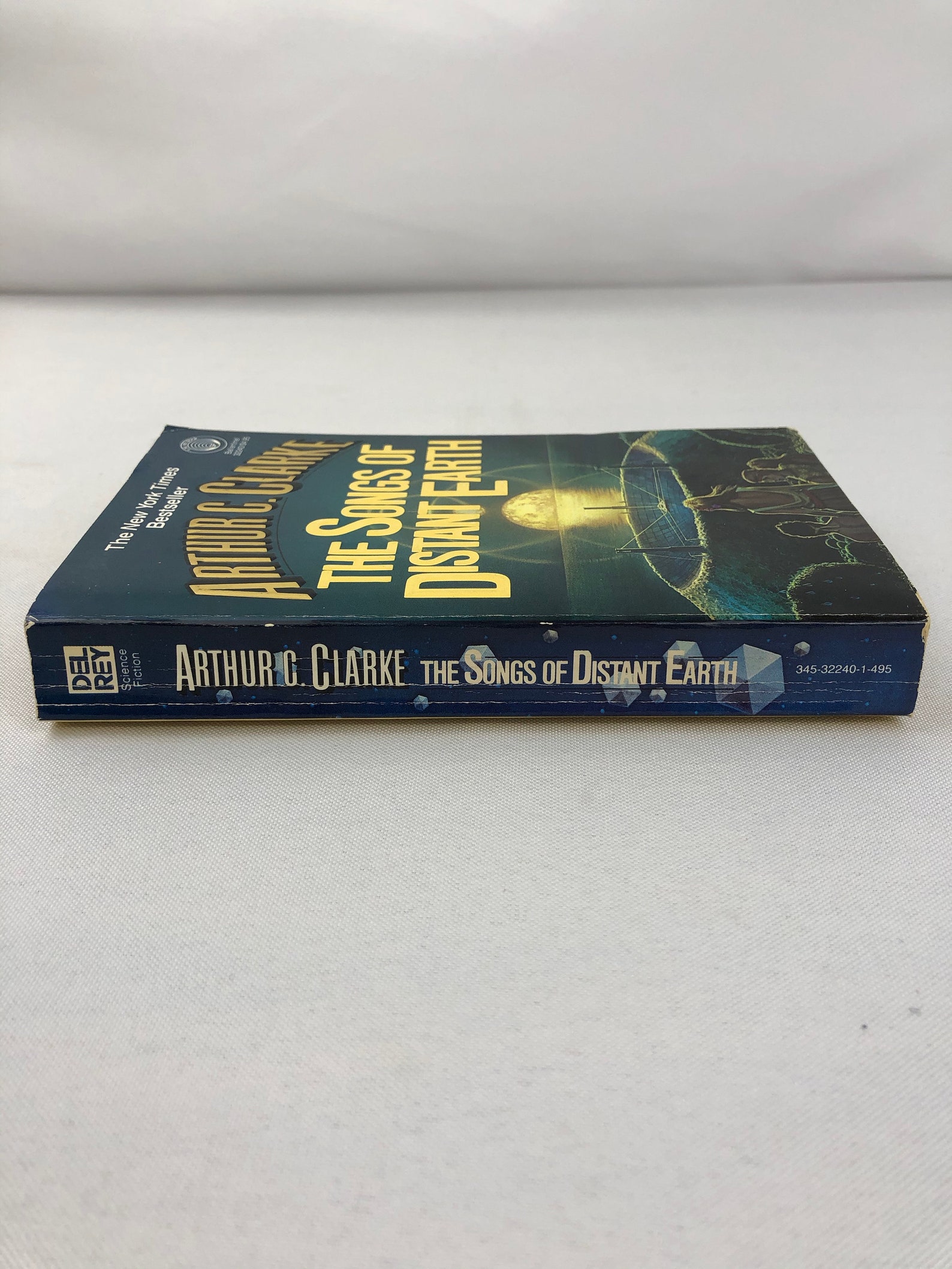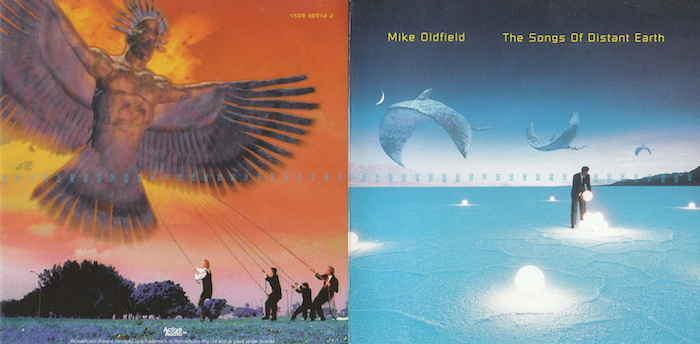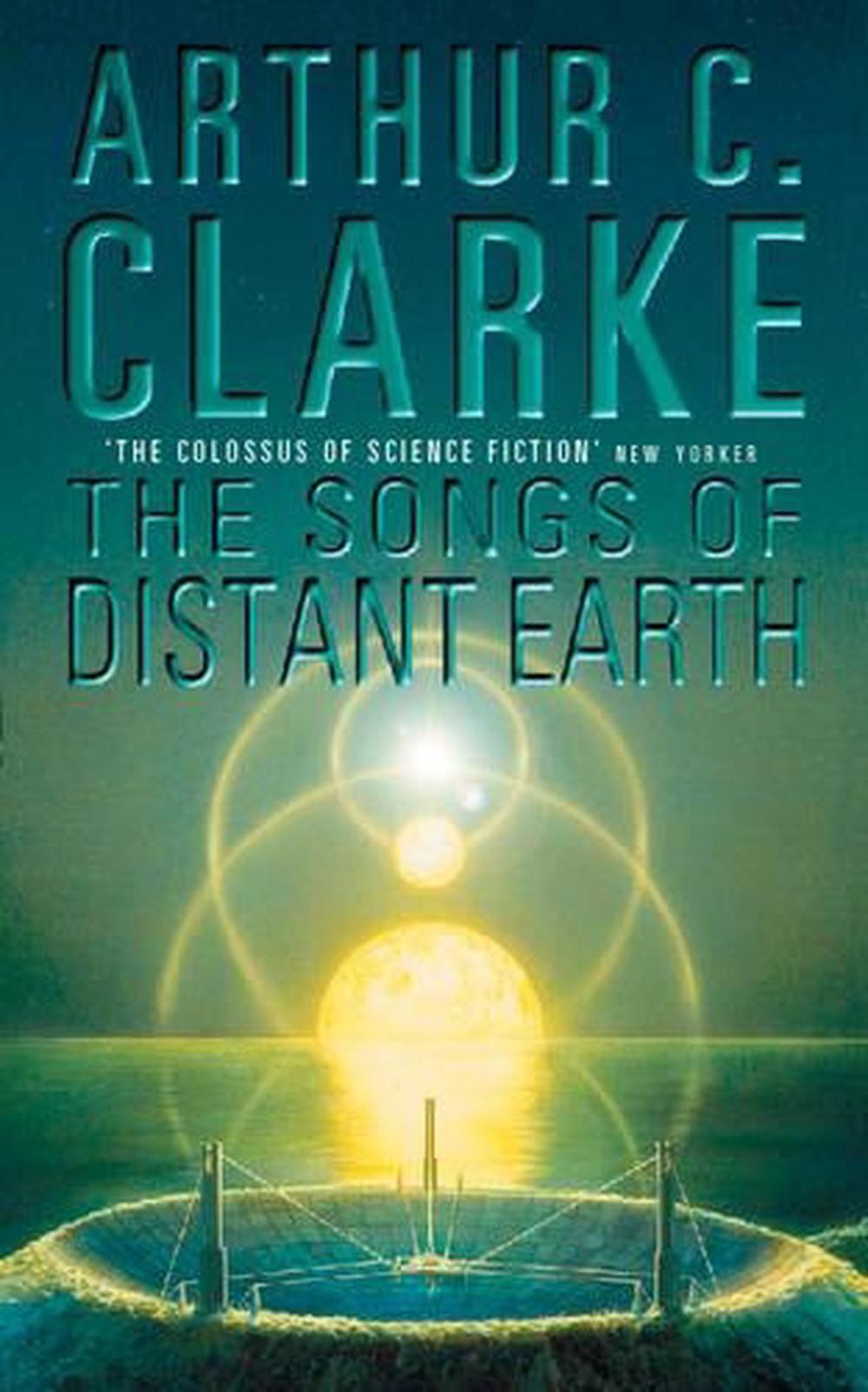


A colonizing ship on a longer mission stops at this planet. The action in both the original short story and the novel takes place on a planet with a small human colony. (See separate page on " hard and soft SF".) In addition, the continued failure of SETI (Search for Extra-Terrestrial Intelligence) raises the question: suppose we are alone, after all-at least in the space anywhere near us, where we might communicate? Clarke thought that it was too early to draw this conclusion, but the novel assumes that Earth has still not found any alien life over a thousand years hence. Arthur Clarke commented that while he found Star Trek enjoyable, it is basically fantasy rather than science fiction since the whole thing depends on faster-than-light travel, and he wanted to write something in response. Hard SF is about what is within the range of what is believed to be scientifically possible (or at least not yet known to be impossible).

But unlike Star Trek, for example, there is no warp drive or hyperspace: it is a "hard science fiction" take on interstellar travel. The Songs of Distant Earth is about interstellar travel. (book first published 1986, based on his earlier short story of the same title, 1958)


 0 kommentar(er)
0 kommentar(er)
